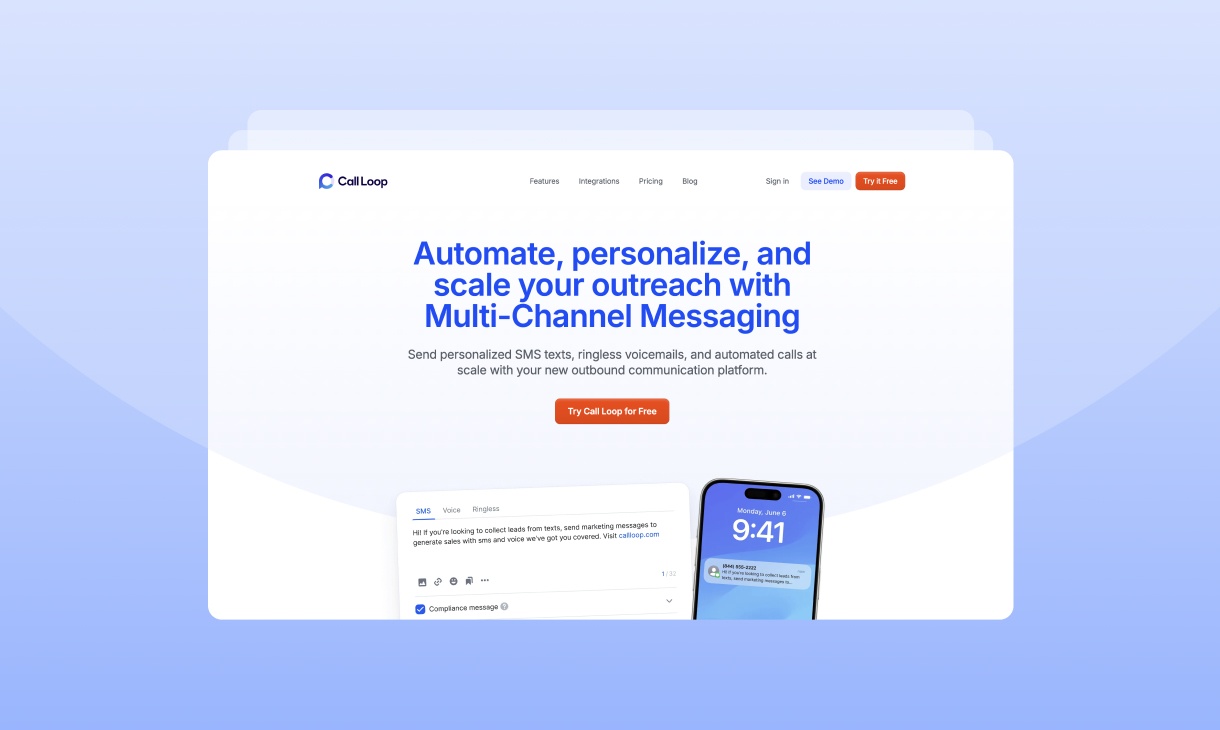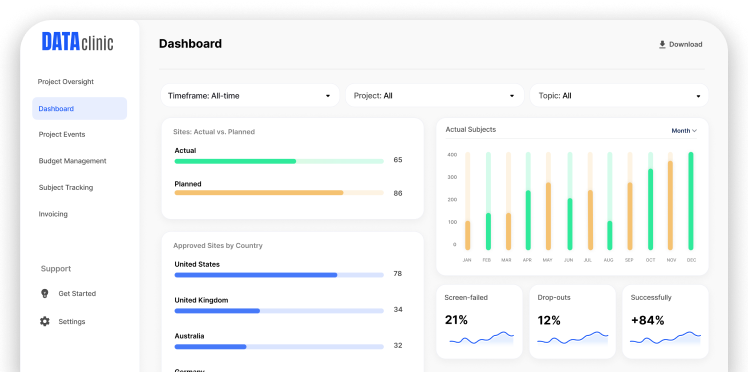Why hire a dedicated software development team
Quantifiable success, trusted expertise
2–4
weeks for a fully functioning dedicated team
20+
years in dedicated software development
450+
projects successfully serving our clients
24/7
support for immediate answers
70%
senior experts with the skills you need
200+
experts ready to bring your vision to life
The value NEKLO brings in
Tech expertise
Problem-solving
Clarity and stability
Futureproof engineering
NEKLO works with projects of all types
Dedicated software development from scratch


We turn ideas into fully functional products, leveraging a broad tech stack and expert teams to build from the ground up.

Modernization and customization


We enhance existing software with new features or full modernization, improving functionality, saving costs, and extending its lifespan.

IT infrastructure improvements


Eliminate vulnerabilities and inefficiencies while reducing TCO with scalable, secure, and easily maintainable cloud or on-prem infrastructure.

Seamless integrations


Break down data silos with efficient integrations. Connect third-party tools, streamline workflows, and access all essential data in one place without disruptions.

Hassle-free migration


Transition to a modern, high-performance platform with reliable migration. Move data securely, minimize downtime, and ensure long-term scalability and stability.

Support and maintenance


We keep your systems secure, compliant, and fully functional. Get 24/7 support for users and teams while ensuring all tools stay up to date.

Custom solutions


Solve complex software challenges with custom solutions. Our expertise allows us to assess issues quickly and deliver smart, cost-efficient results.




Get your free consultation
NEKLO’s tech stack expertise
Front-end




_Angular.svg)
_PWA.svg)








Back-end
_Java.svg)

_.NET.svg)


_Symfony.svg)



DevOps



_AWS.svg)
_Google%20Cloud.svg)
_Kubernetes.svg)














Mobile
_Swift.svg)
_Objective%20C.svg)
_Java.svg)
_Kotlin.svg)
_React%20Native.svg)
_Flutter.svg)
_iOS%20SDK.svg)
_Xcode.svg)
_Android%20Studio.svg)

_SQLite.svg)
_realm.svg)
_Amazon%20S3.svg)
CMS
_Magento%20(Adobe%20Commerce).svg)
_Shopify.svg)
Process of hiring a dedicated software team

1. Discussing your needs

2. Assembling team

3. Data security

4. Onboarding

5. Delivering on promises

6. Real-time updates

7. Post-launch support
What to expect from dedicated development team services
NEKLO’s responsibilities
• Workspace and IT support: maintaining infrastructure.
• Team integration: merging teams smoothly and quickly.
• Software lifecycle: design, development, testing, and maintenance.
• Adherence to standards: following methodologies and quality standards.
• Technical solutions: proposing and implementing strategies.
• Risk identification: addressing technical challenges.
• Regular updates: progress reports, risk communication.
• Documentation: code and decision recording.
Your responsibilities
• Priority setting: Roadmap focus determination.
• Criteria and process: Owning acceptance guidelines.
• Team approval: Final say on team composition.
• Access provision: Granting data and system entry.
• Feedback loop: Clear, timely development insights.
• Approvals and decisions: Green-lighting deliverables.
• Active participation: Engaging in discussions.
Case studies
Compare collaboration models

Team augmentation
Fill the gaps in your team or accelerate progress by bringing in additional talent. Scale up or down as often as you need to.

Full-cycle development
Get a turnkey solution from experts who let you invest minimal time. You make the important decisions while we handle everything else.

Dedicated team
Get a fully committed team that works as an extension of your own. Aligned with your goals, our experts ensure sustained project success.
FAQ
What is a dedicated software development team?

It is a group of external professional developers who are focused solely on your project. You get their full-time effort without the burden of HR or overhead.
Why hire a dedicated development team?

You avoid the hassle and expense of hiring full-time developers. NEKLO provides dedicated team application development, allowing you to scale your resources up or down as your project evolves. All of it while being confident that you hire experts who value your time and goals. Just see our clients’ feedback to ensure we always deliver on our promises.
Are dedicated offshore development services more efficient than in-house developers?

An offshore dedicated development team may be much more efficient because the pool of candidates is larger and already vetted. Traditional hiring takes months, while the NEKLO team can be onboarded in 2-4 weeks. Moreover, you only pay for actual work being done. We handle all the administrative tasks like payroll and benefits, allowing you to concentrate on your project's success.
How should I choose a dedicated development team for hire?

Prioritize both technical skills and cultural fit. Look for a company with experience in your industry and a team that aligns with your company values (for instance, you might need only a dedicated app development team). Make sure the team has the capacity to complete tasks efficiently while keeping you up to date. We’re happy to tell you more about how we work and the principles that guide us.
How much does it cost to hire a dedicated team?

Dedicated software development costs less than hiring an internal team. The ability to pay only for the specific skills you need for your project makes it highly cost-effective. Get in touch for a non-binding estimate that’s specific to your project
What is your current availability?

If you contact us today, we can have your team up and running in 2-4 weeks. The best thing about hiring dedicated developers from NEKLO is our ability to work quickly once we understand your needs. During intro calls, we do our best to provide value from the start while giving you a roadmap and a non-binding estimate.











.png)



